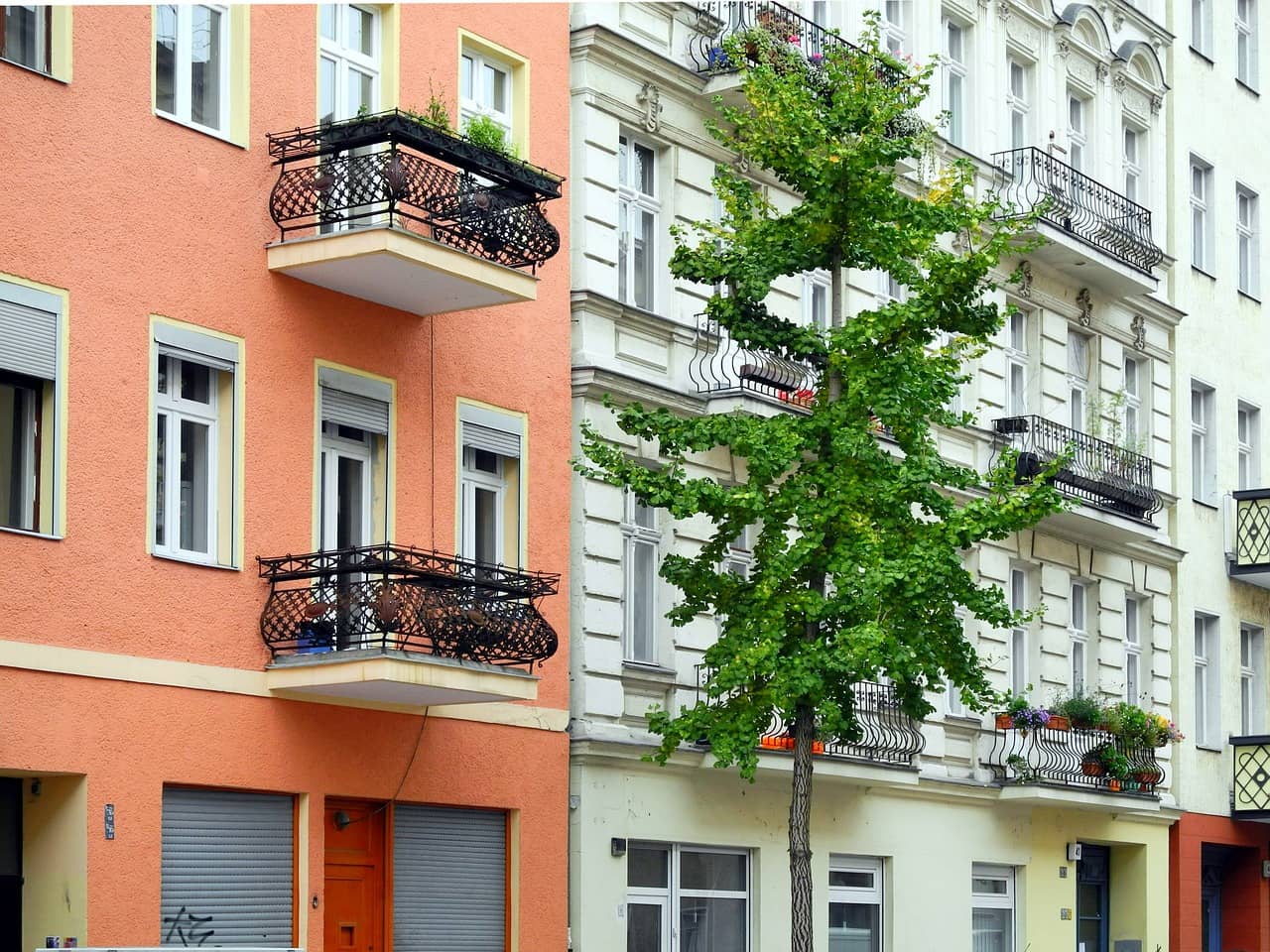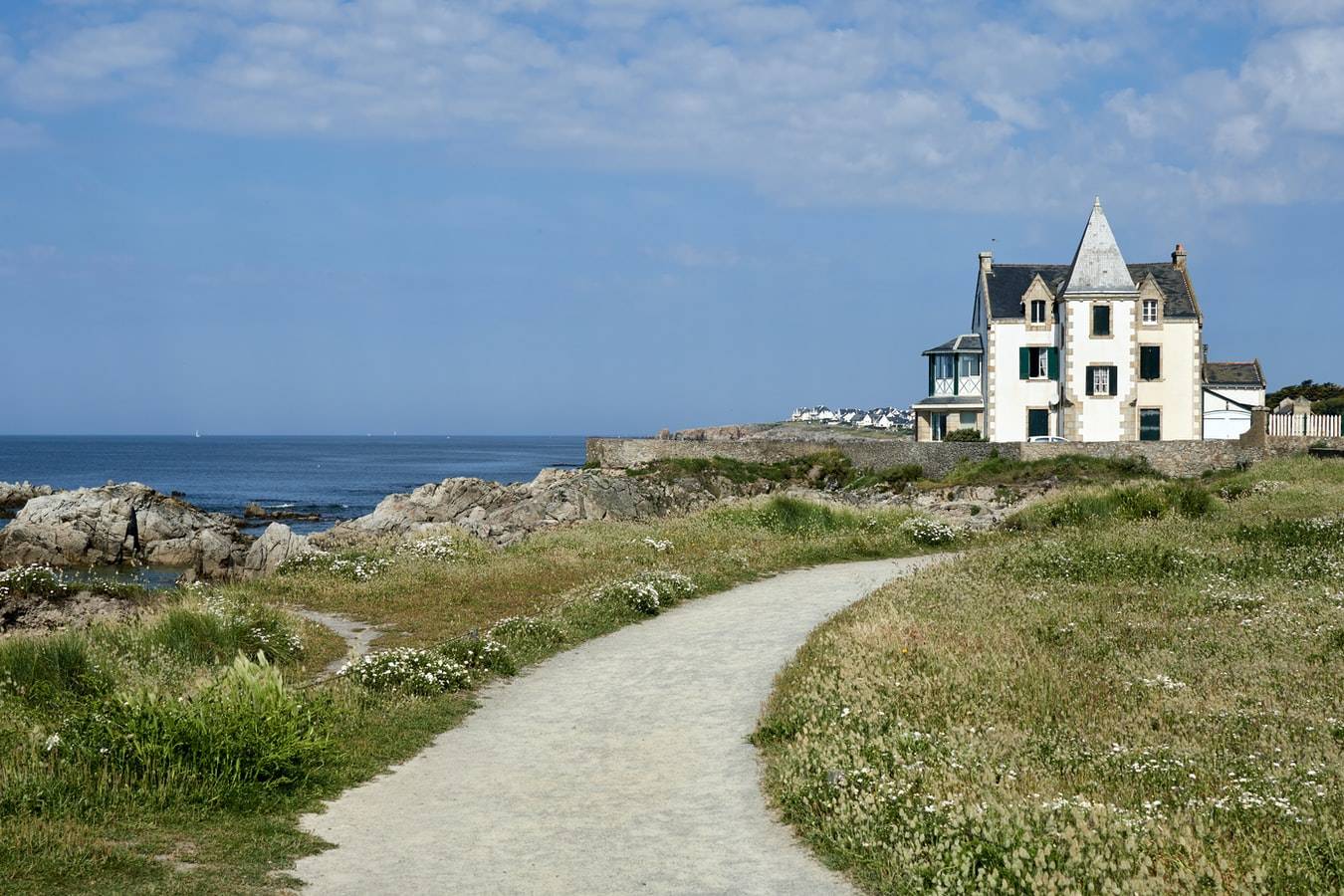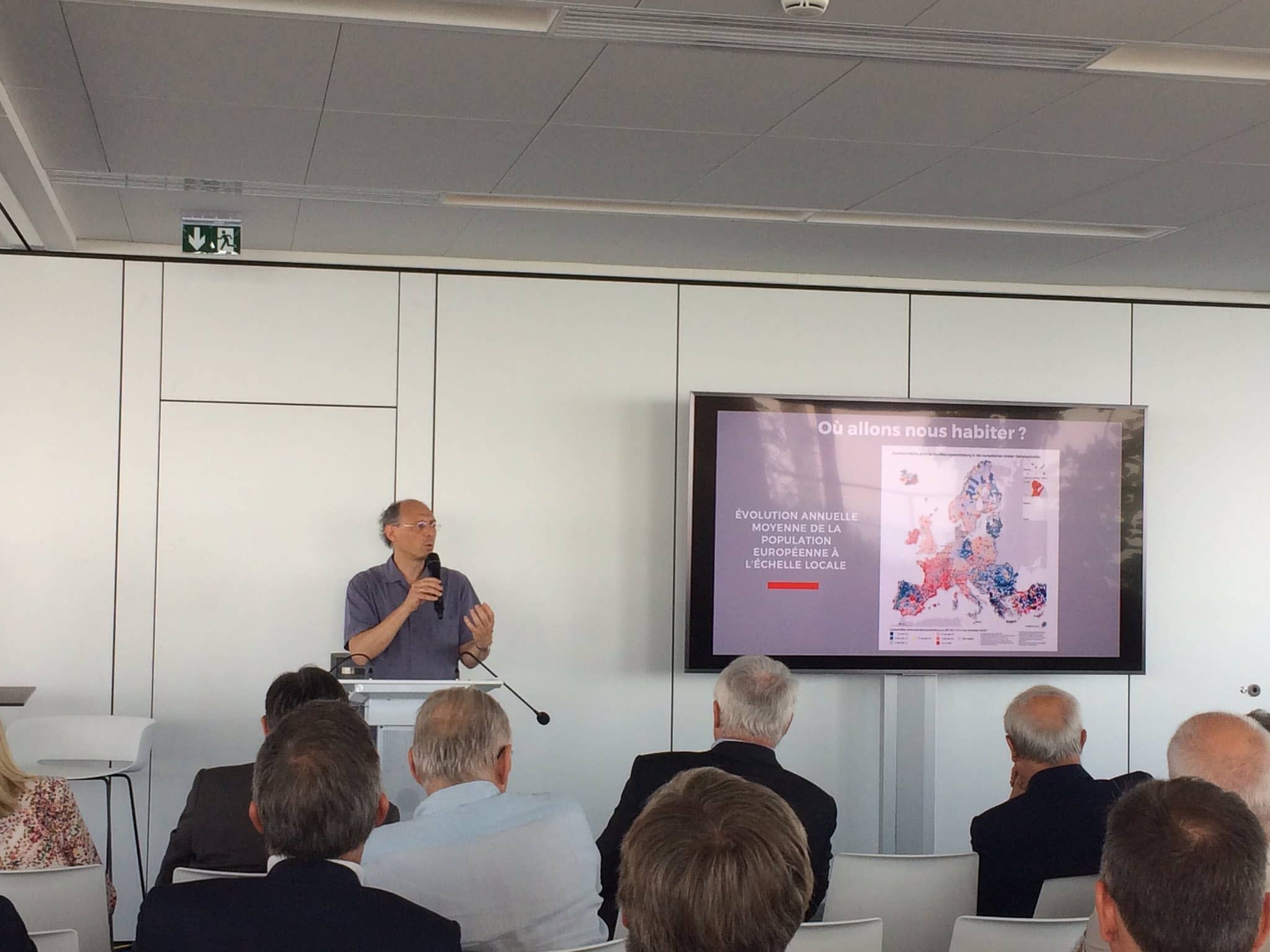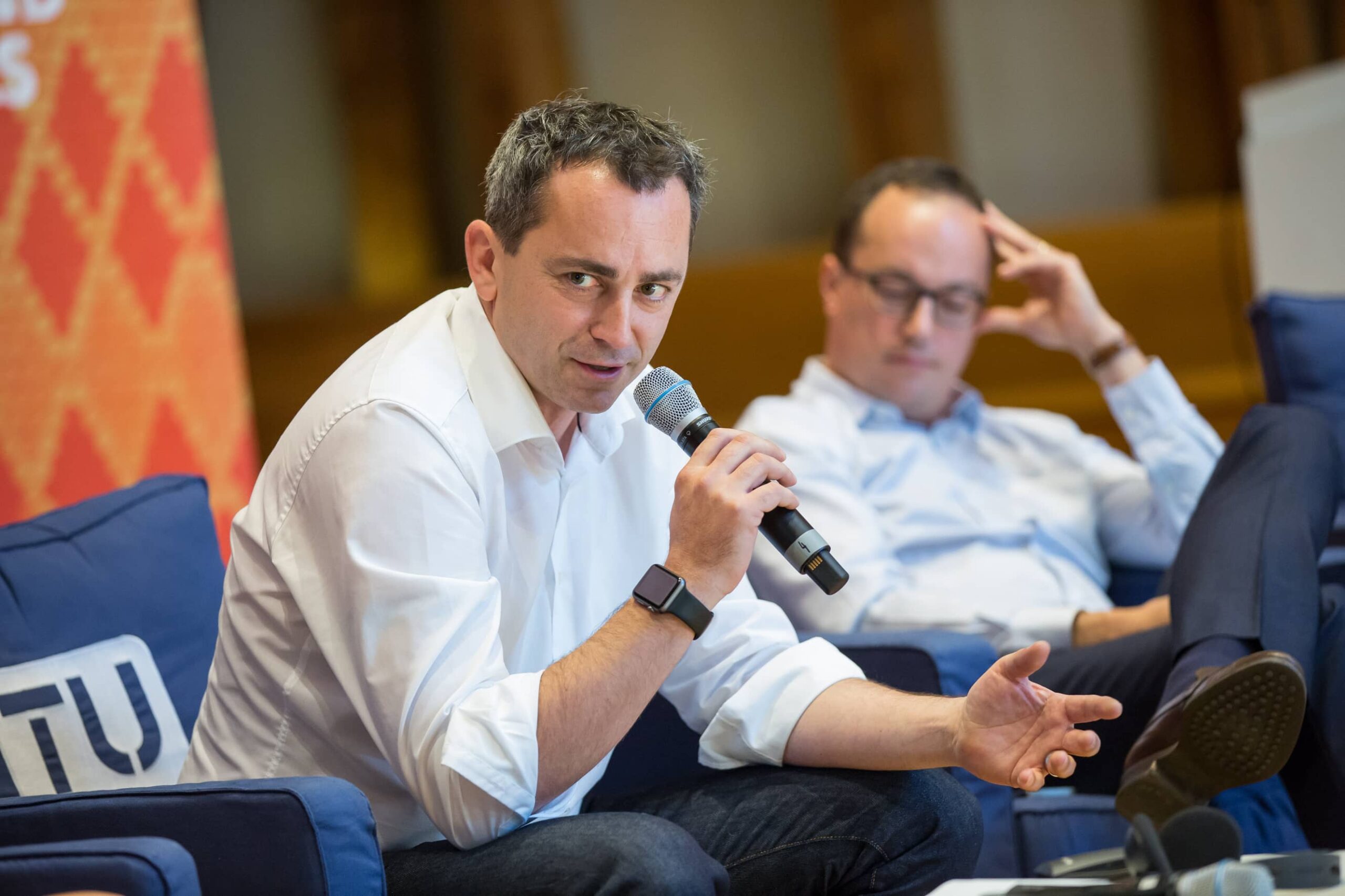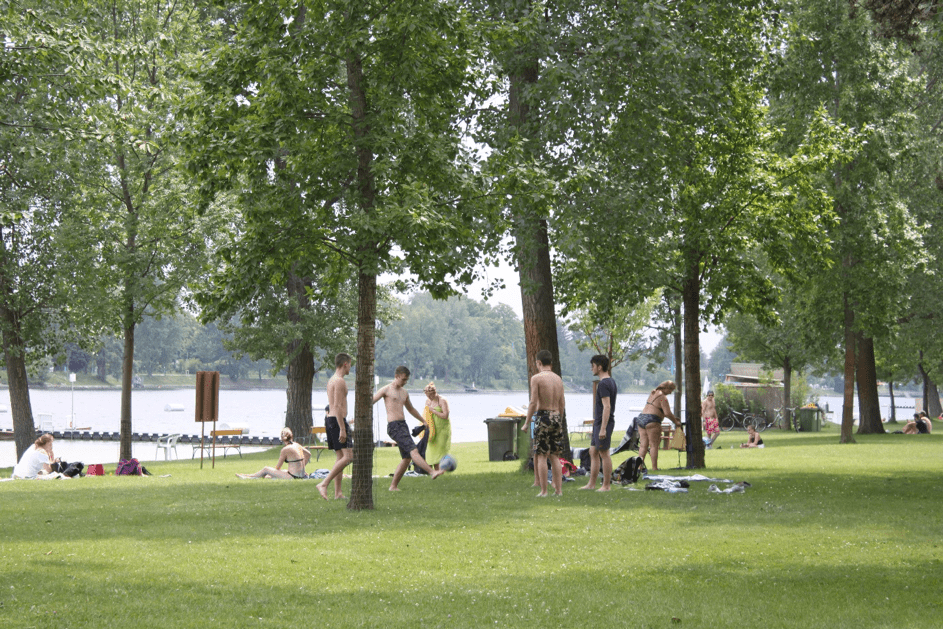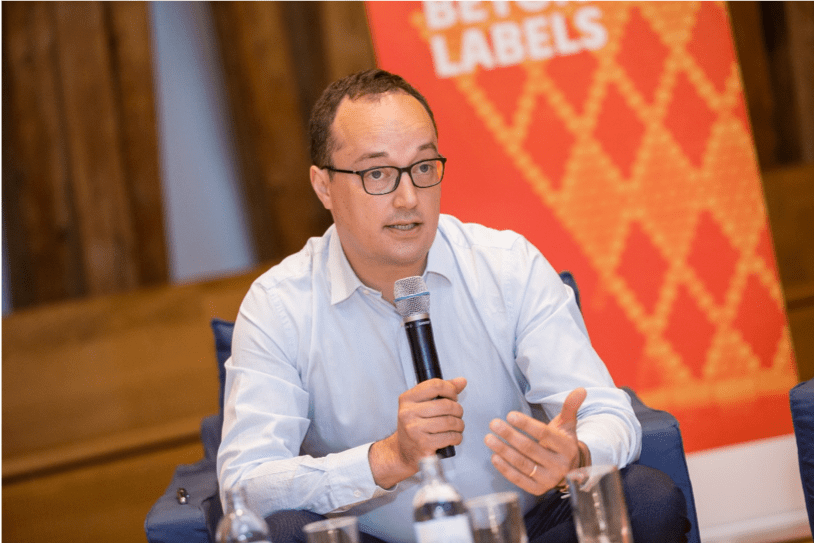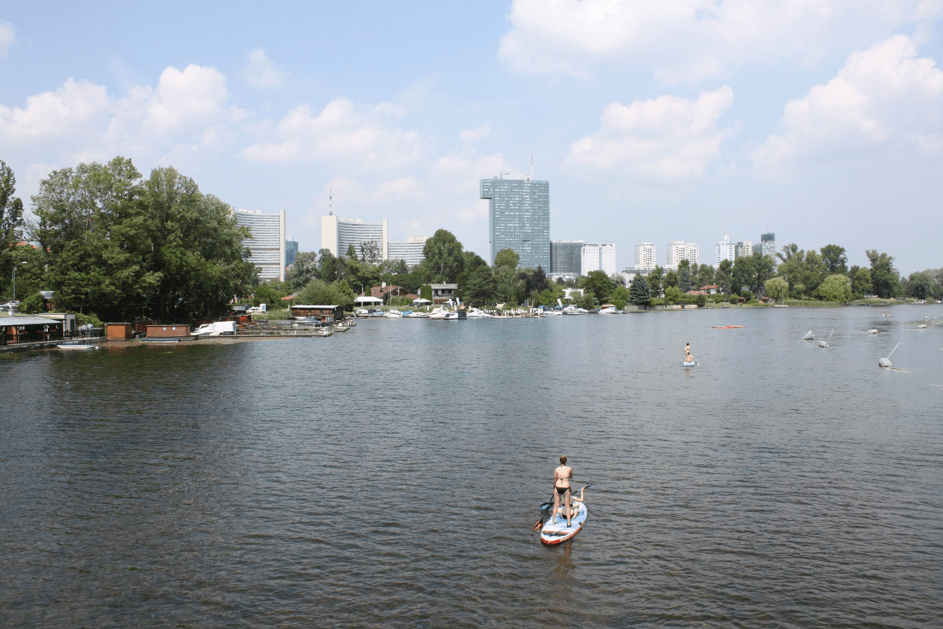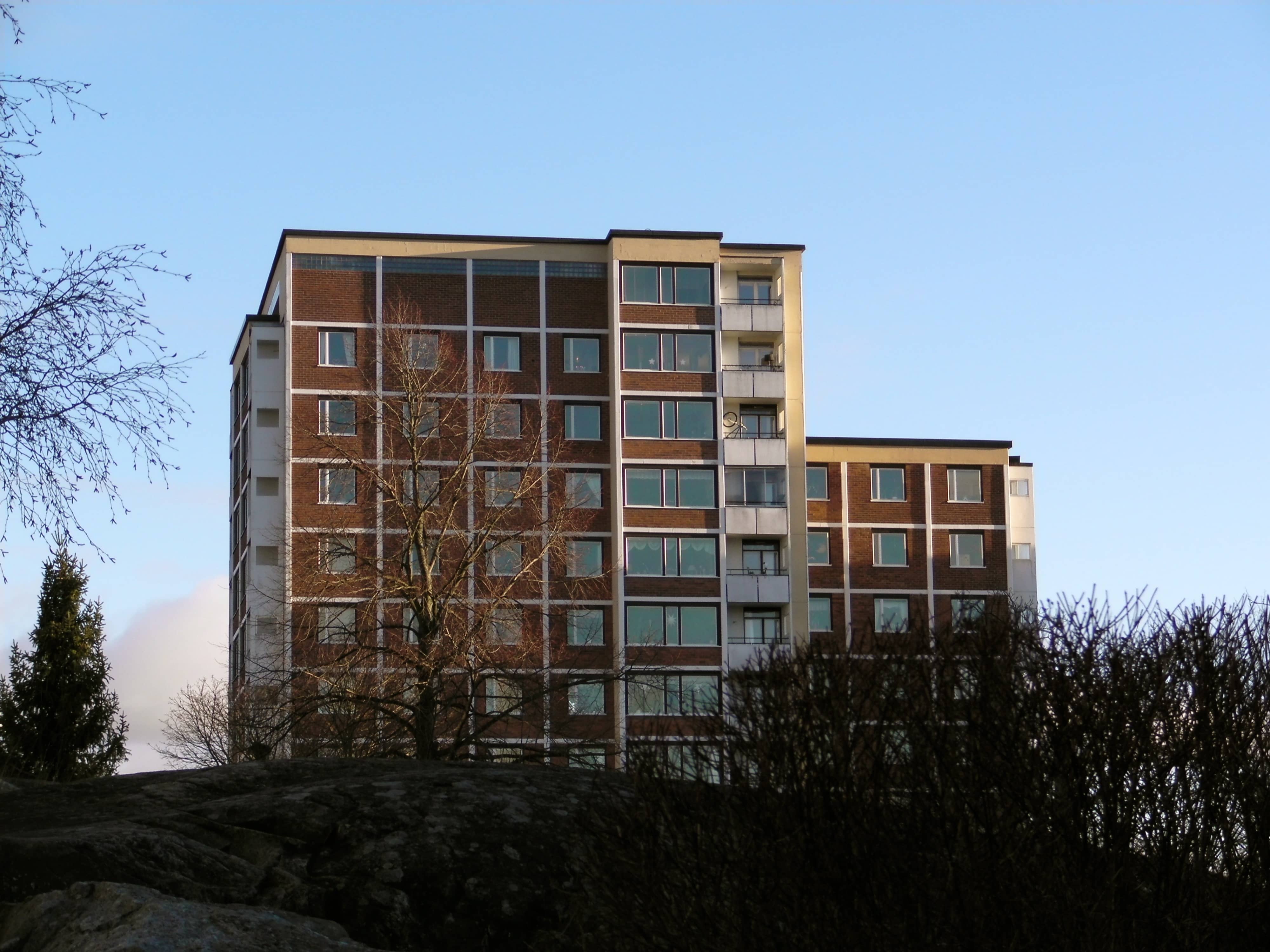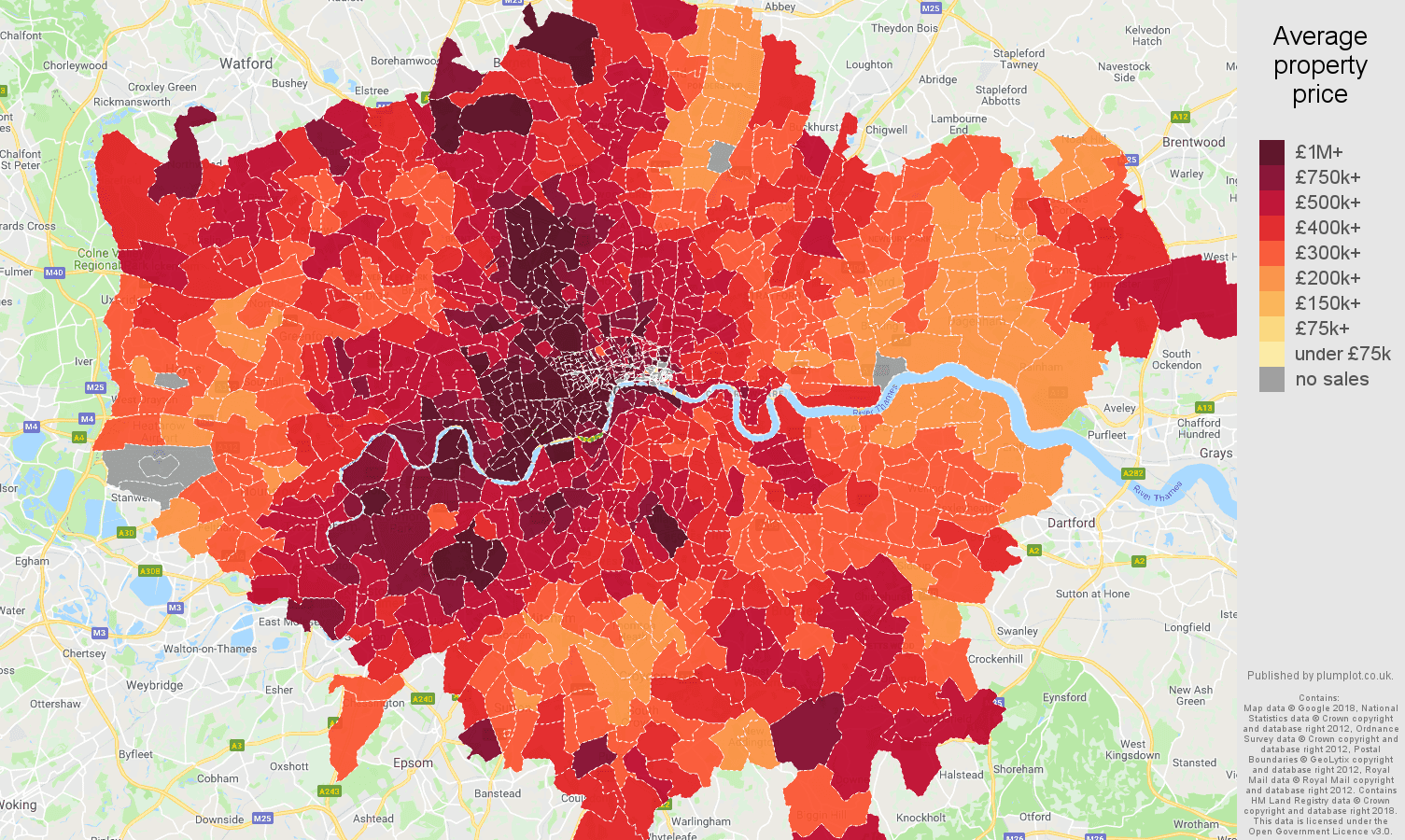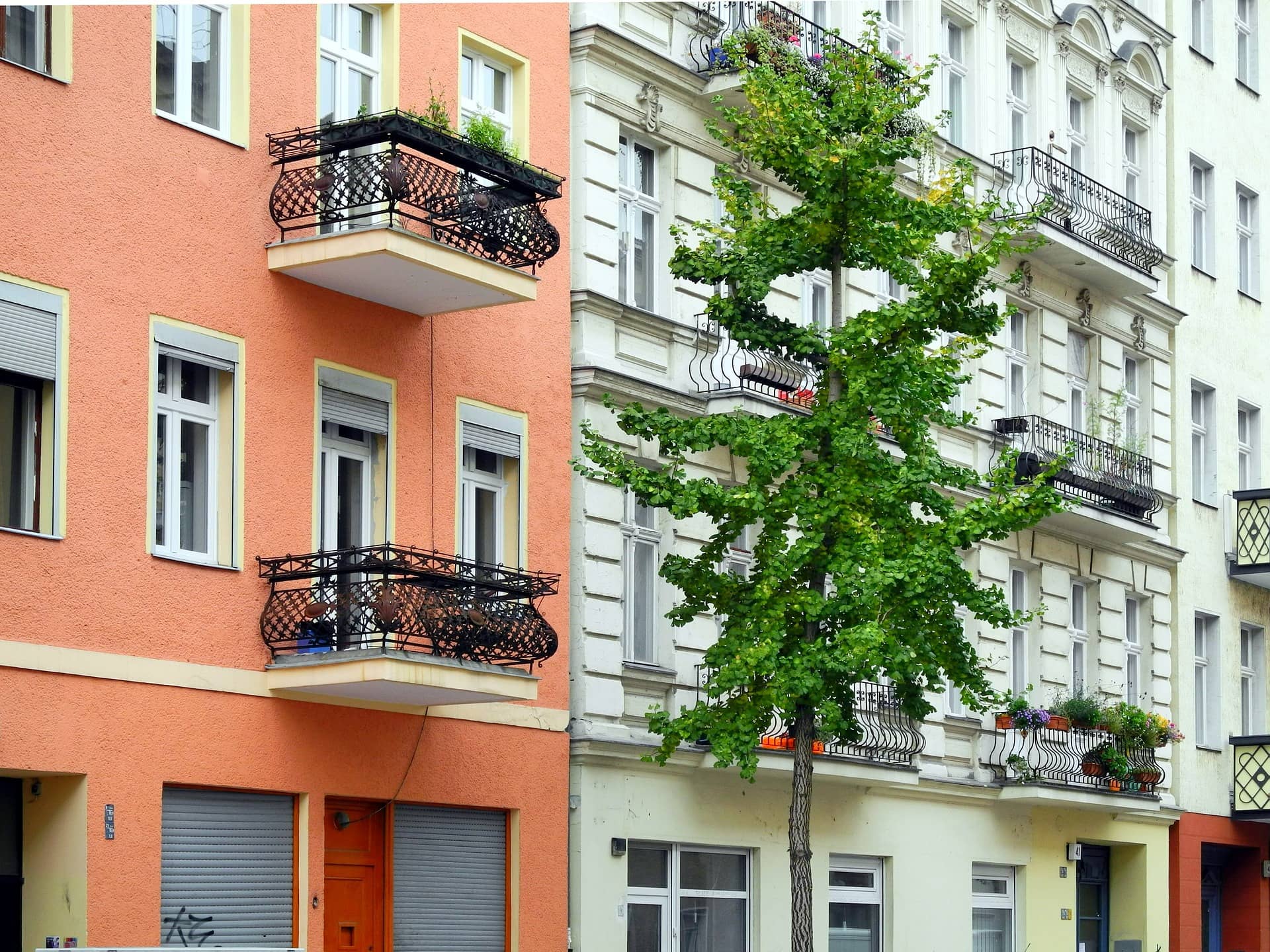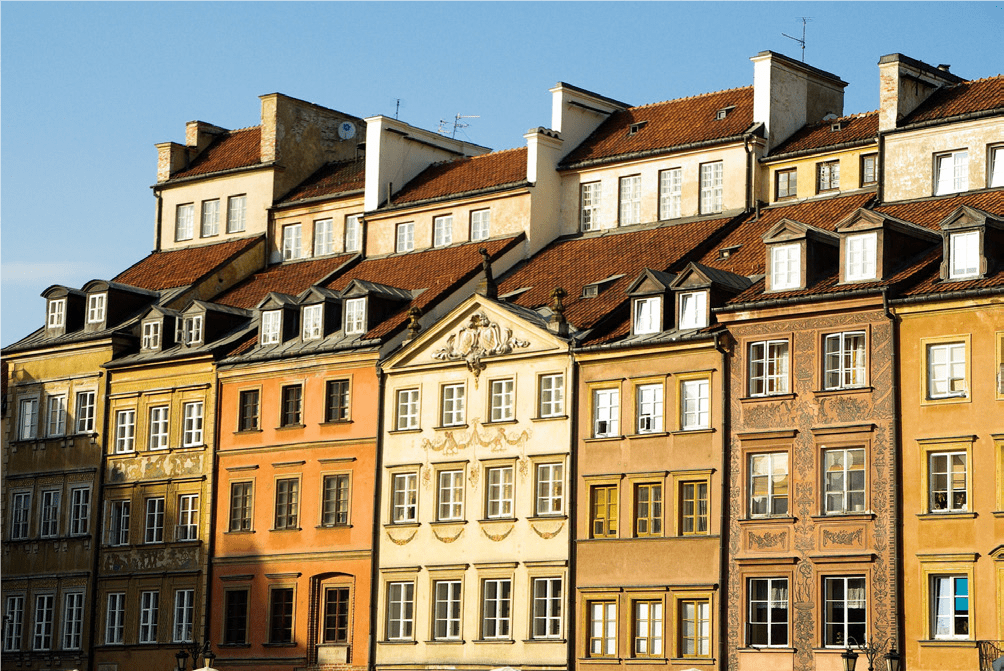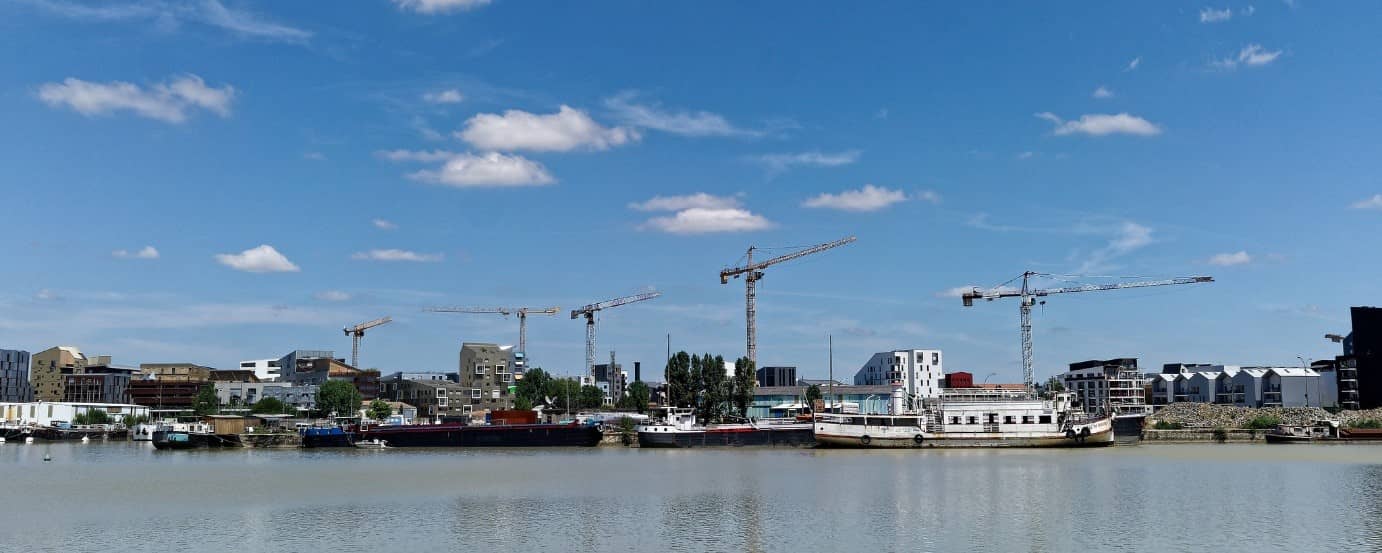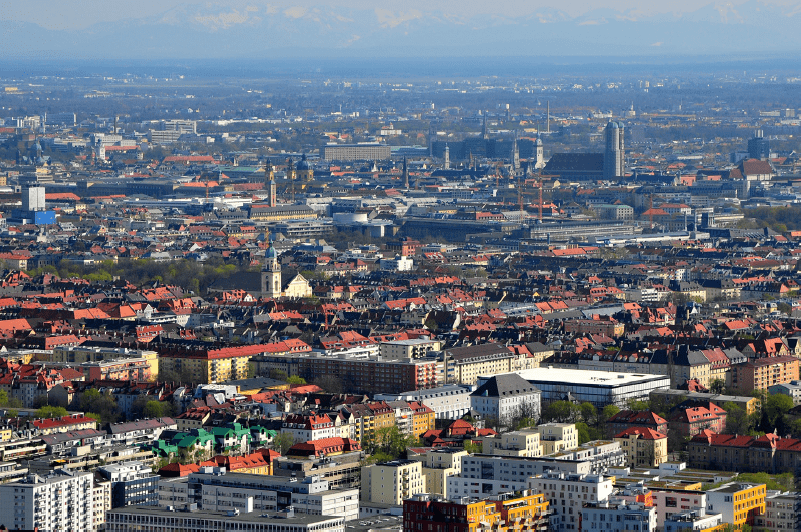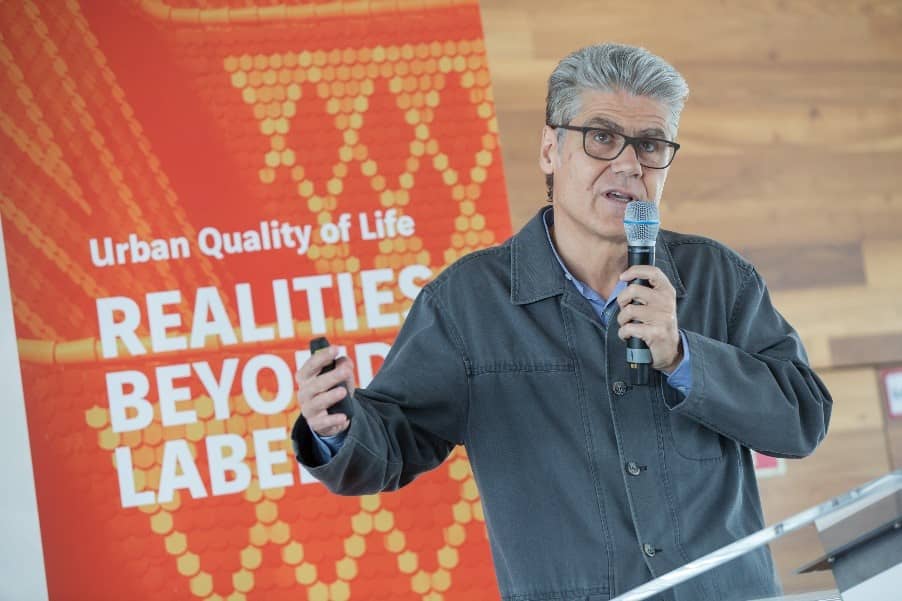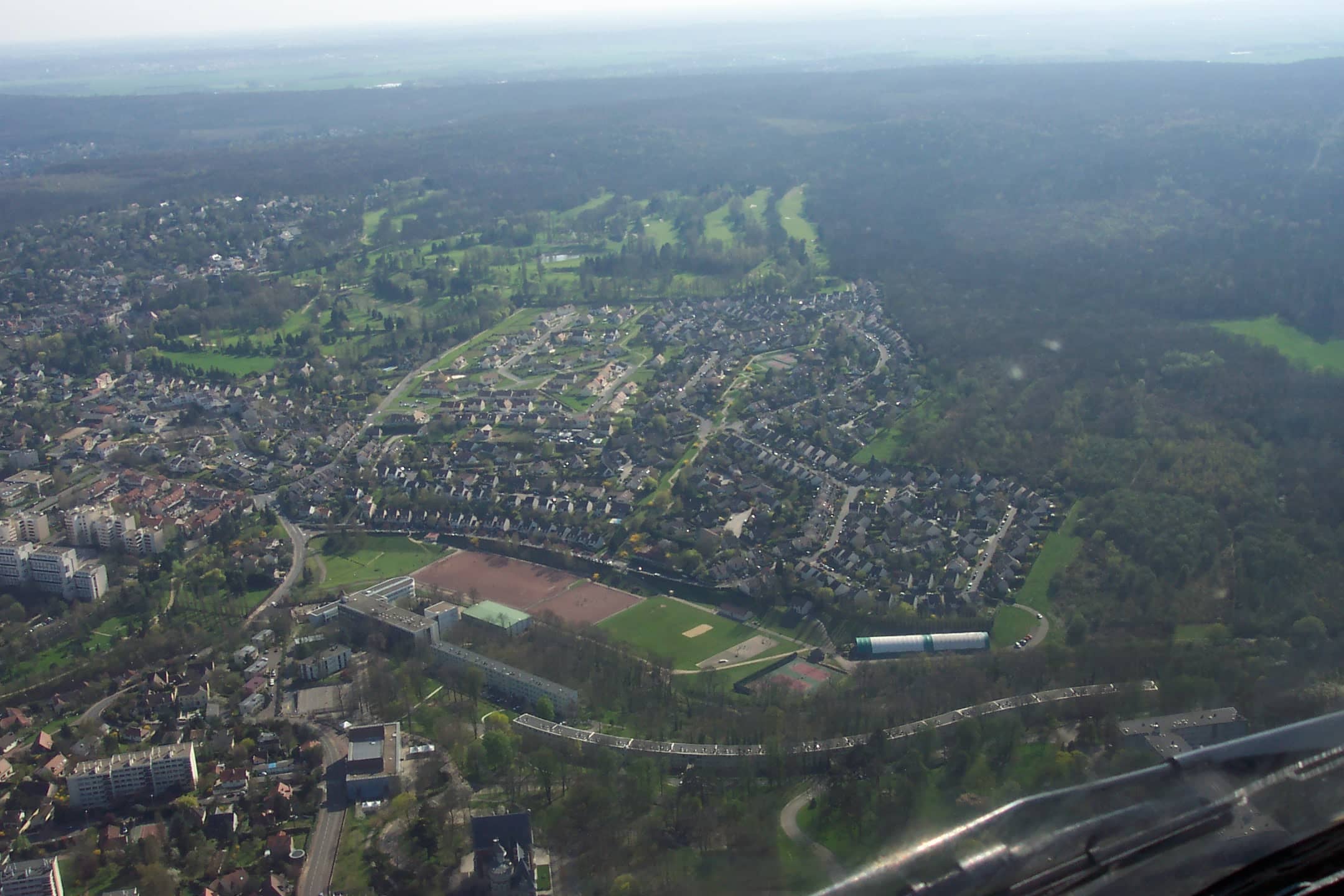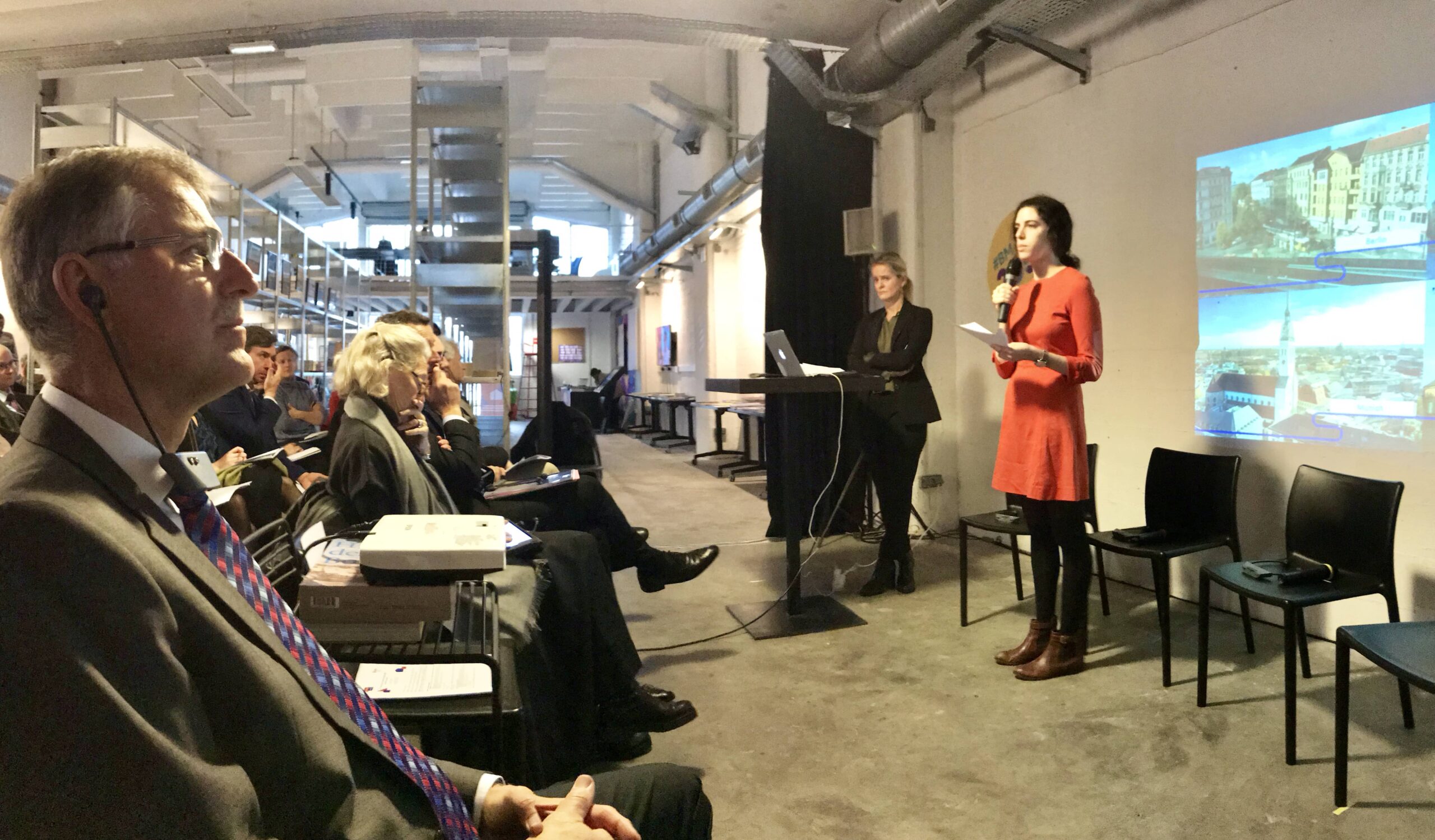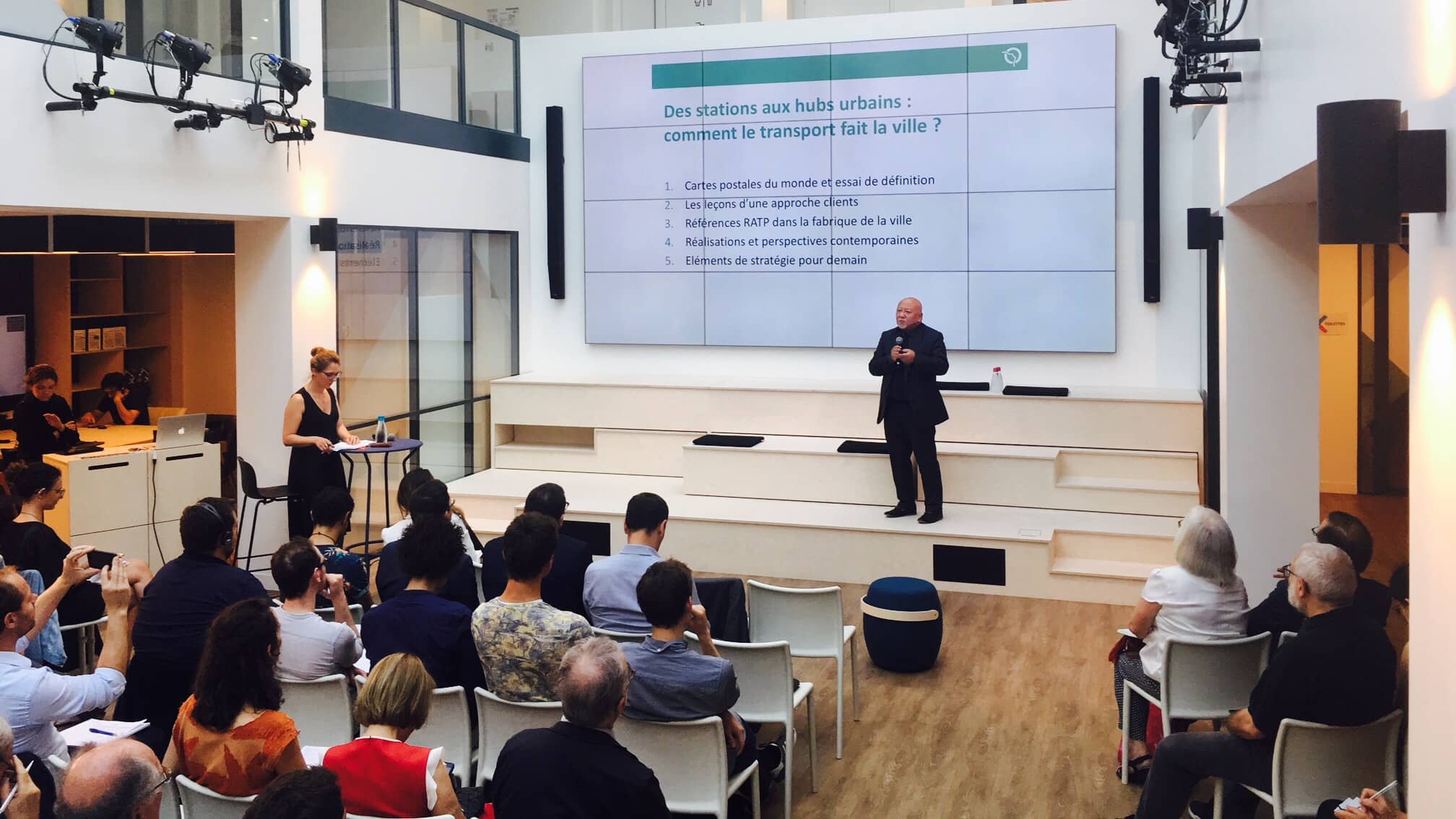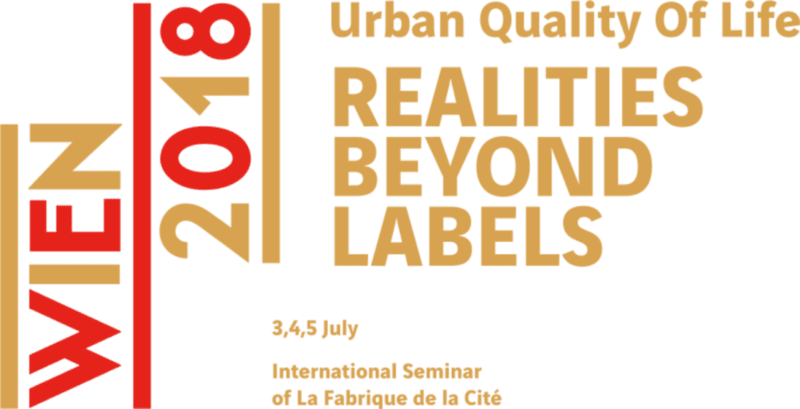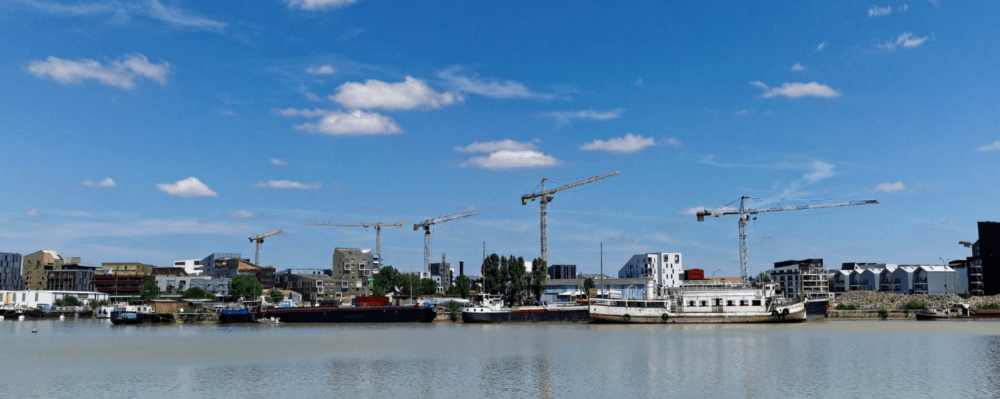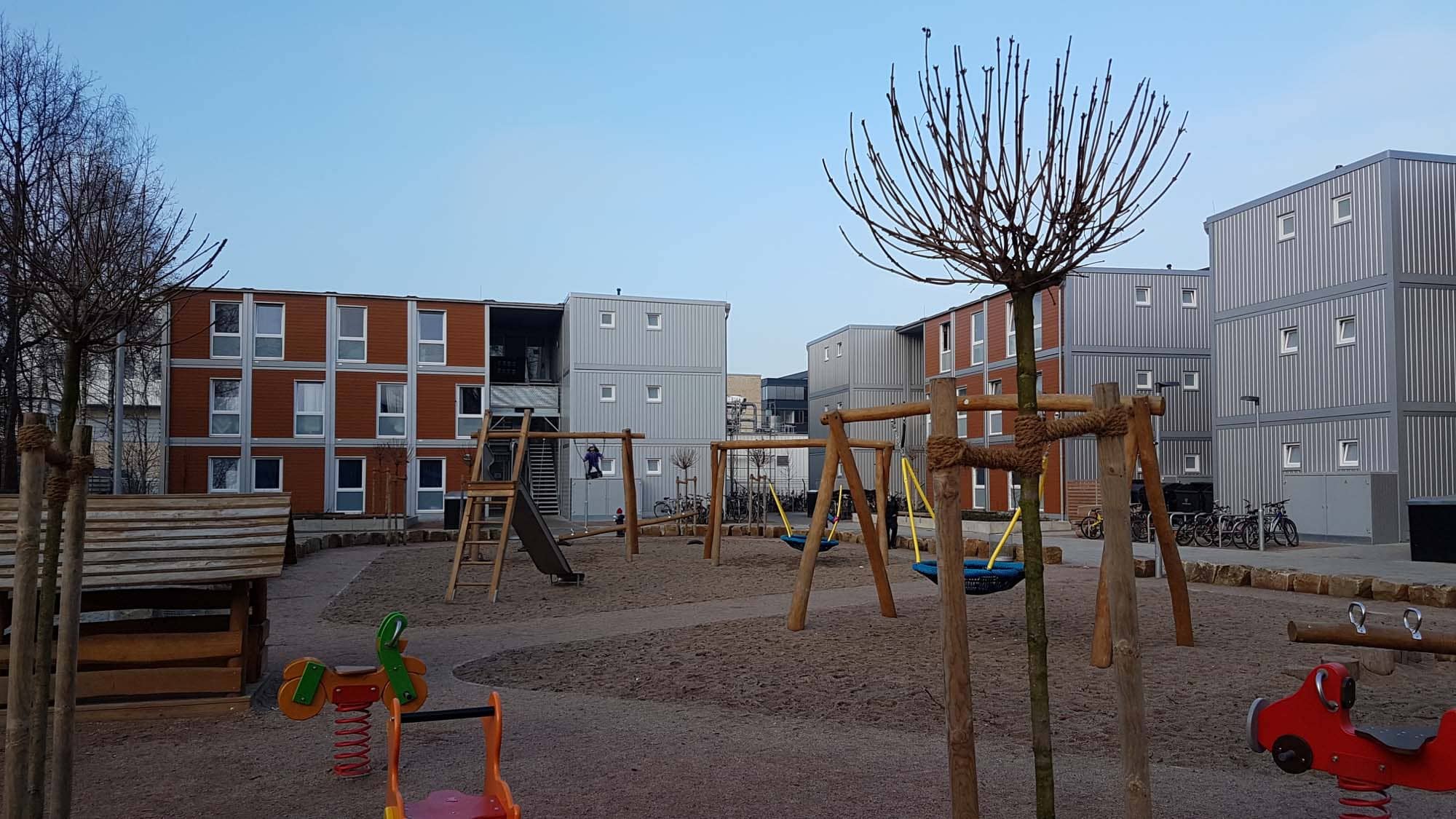

Affordable Housing – The Viennese Exception
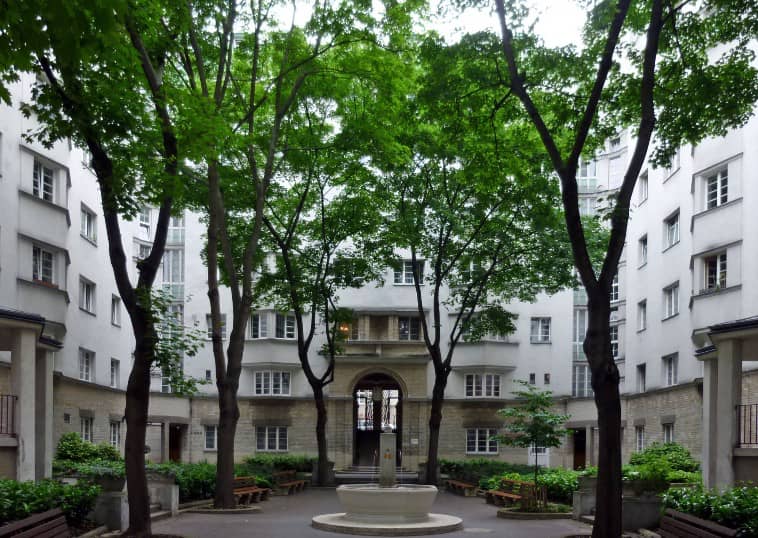
Under the combined pressure of unprecedented metropolization and the attractiveness of their amenities, many European cities are currently experiencing strong demographic growth. This growth is placing considerable stress on their residential real estate markets, as local authorities struggle to guarantee the construction pace that would allow them to meet this increased demand. Consequently, housing prices are on the rise and appear to be increasingly disconnected from income levels. Add to this the scarcity of available land and the soar in land prices, dwindling affordable housing stocks (due, at times, to the large-scale sale of social housing units), growing speculation and its inflationist effect on house prices, and the stringency of residential construction regulation, and you will find a nexus of hurdles threatening to make cities inaccessible to countless households.
In this dreary landscape, Vienna shines as a counterexample: the Austrian capital (population: 1.8 million), grew by 30,000 inhabitants in 2016; yet housing there is still plentiful and affordable. Could it be that Vienna has found the panacea? The factors behind this success are twofold: firstly, the city is reaping the rewards of a century-old tradition of wide-scale social housing construction, born of an ambitious construction program aimed at its working class in the 1920s and 1930s. In the following decades, this initial effort was sustained by a strong political commitment in favor of affordable housing: where other capitals moved to sell off large parts of their social housing stock, Vienna not only preserved its own, but endeavored to grow it significantly. Today, 60% of Vienna’s population lives in social housing, a feat rendered possible by the compacity of its territory, the density of its housing (9% of units are individual), and the quality of its public transportation network. But while Vienna is a city of builders, with significant available land, its success in matters of housing cannot be explained simply by construction numbers. It is also largely the byproduct of its constant search for innovation in the pursuit of increased quality of housing. This is evident in the municipality’s decision, starting in the 1980s, to complement the development of its public housing stock with punctual alliances to the private sector. Thus, the city awards land for housing projects to private developers for advantageous prices, based on qualitative criteria: architectural virtues of the project, environmental performance, social sustainability, etc. In return, its private partners commit to renting out 50% of the built units to low-income households.
Yet Vienna is not immune to the broader trends currently affecting other European capitals, as evidenced by the recent, steep rise in private-market rents (37% between 2001 and 2010) and the growing number of inhabitants currently on the waiting list for council housing. It is thus crucial for the Austrian capital to start thinking about ways to ensure the sustainability of its model and develop its affordable housing stock. The city is fully cognizant of this, as shown by its decision to hold an international building exhibition, the IBA_Vienna 2022, dedicated to “New social housing”. A significant gesture for a city that considers itself vested with a trailblazer’s responsibility to other European metropolises currently dealing with a crisis of their social housing model. At stake, nothing less than its status as the affordable housing capital of Europe.
Find this publication in the projects:
-
Affordable housing in growing European metropolisesHow can growing European metropolises, faced with scarce, expensive land and rising construction costs, provide enough affordable housing to accommodate the needs of low-income households?
-
Quality of life beyond labelsSmart cities, sustainable cities, green cities... What is the reality behind those labels ?
These other publications may also be of interest to you:

Long live urban density!
The ideal culprit
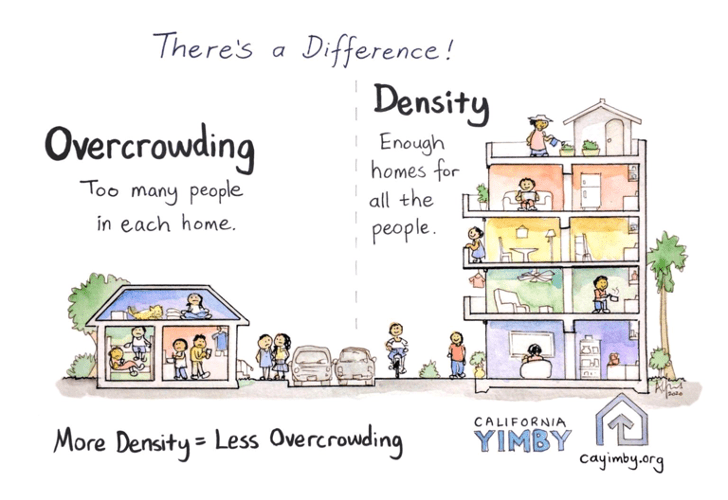
Behind the words: density
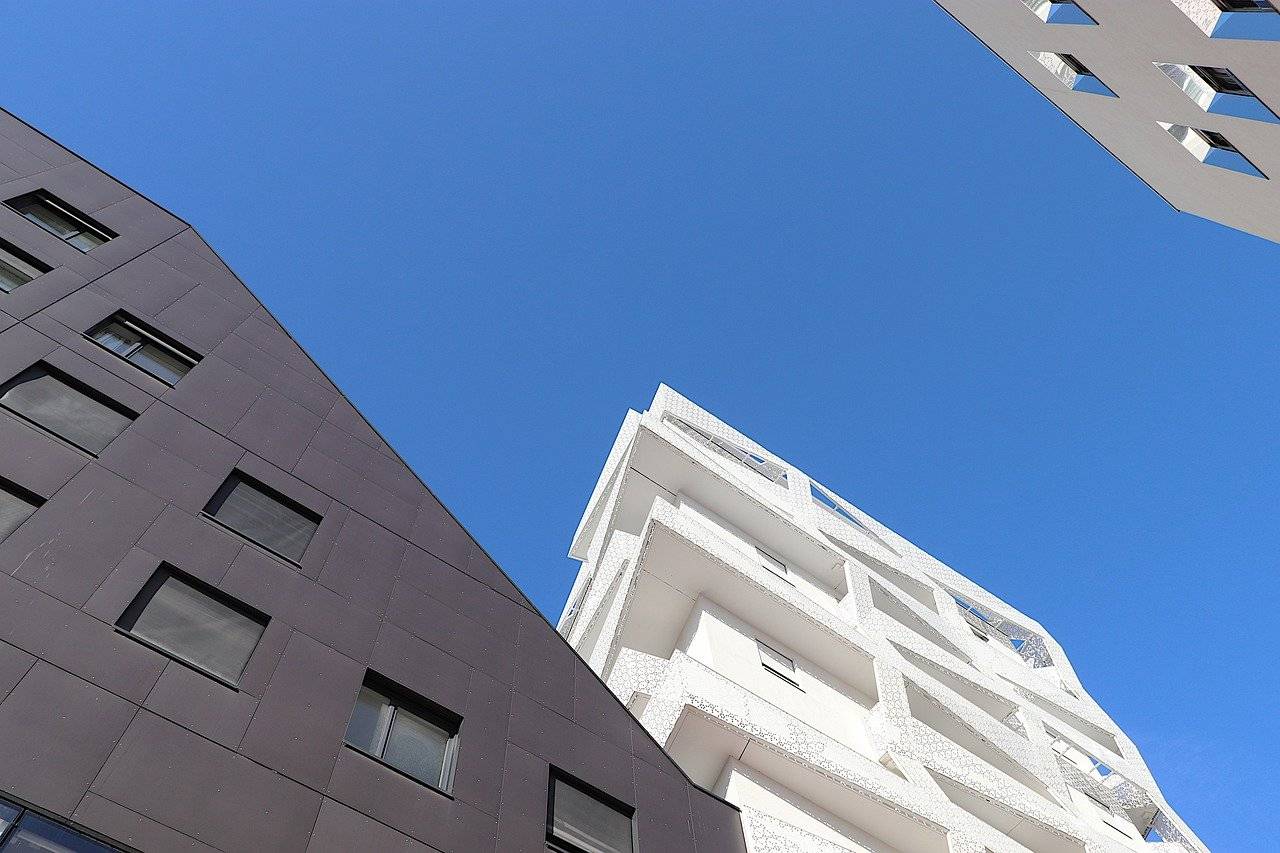
Behind the words: Affordable housing
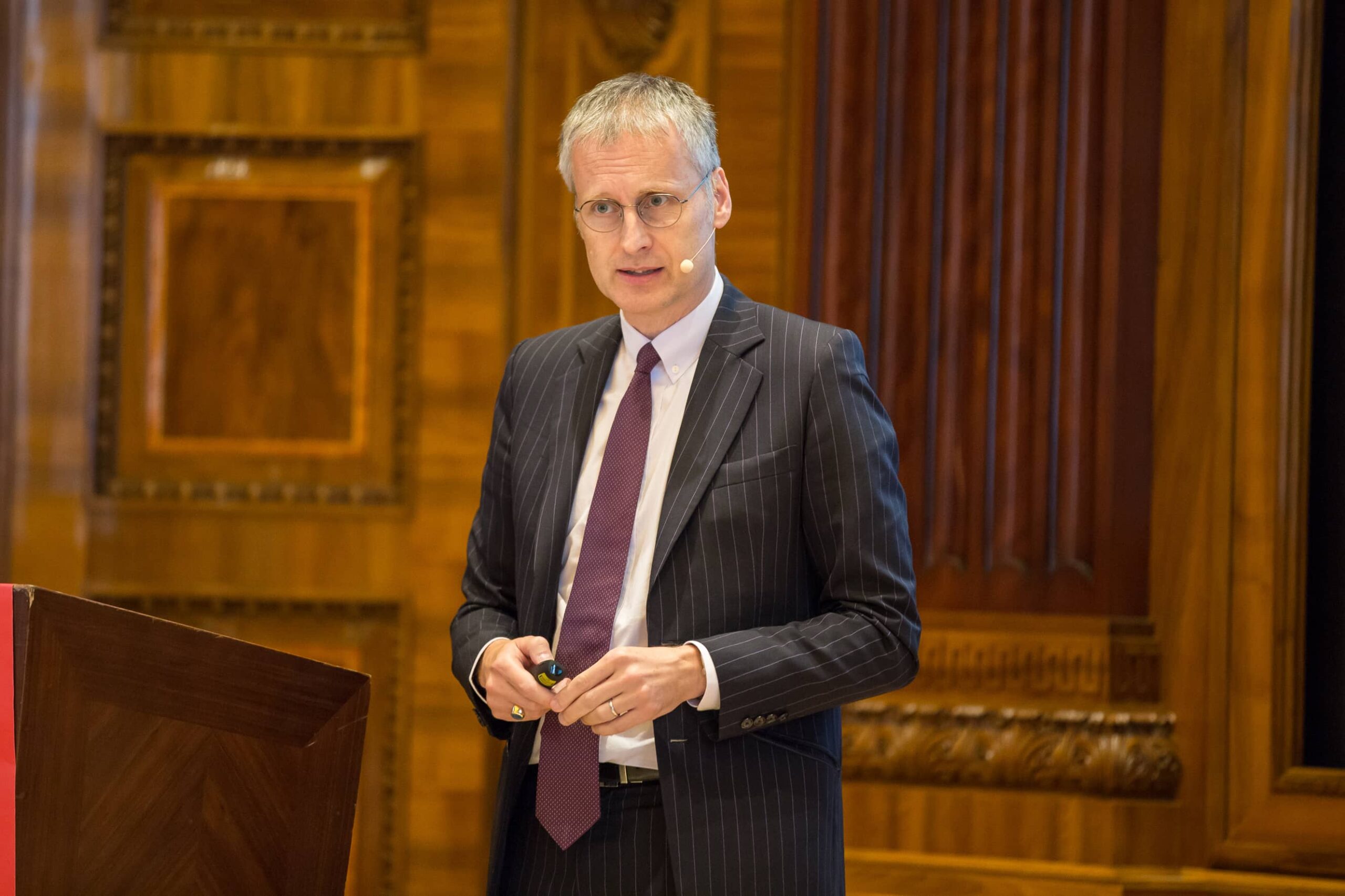
Viktor Mayer-Schönberger: what role does big data play in cities?
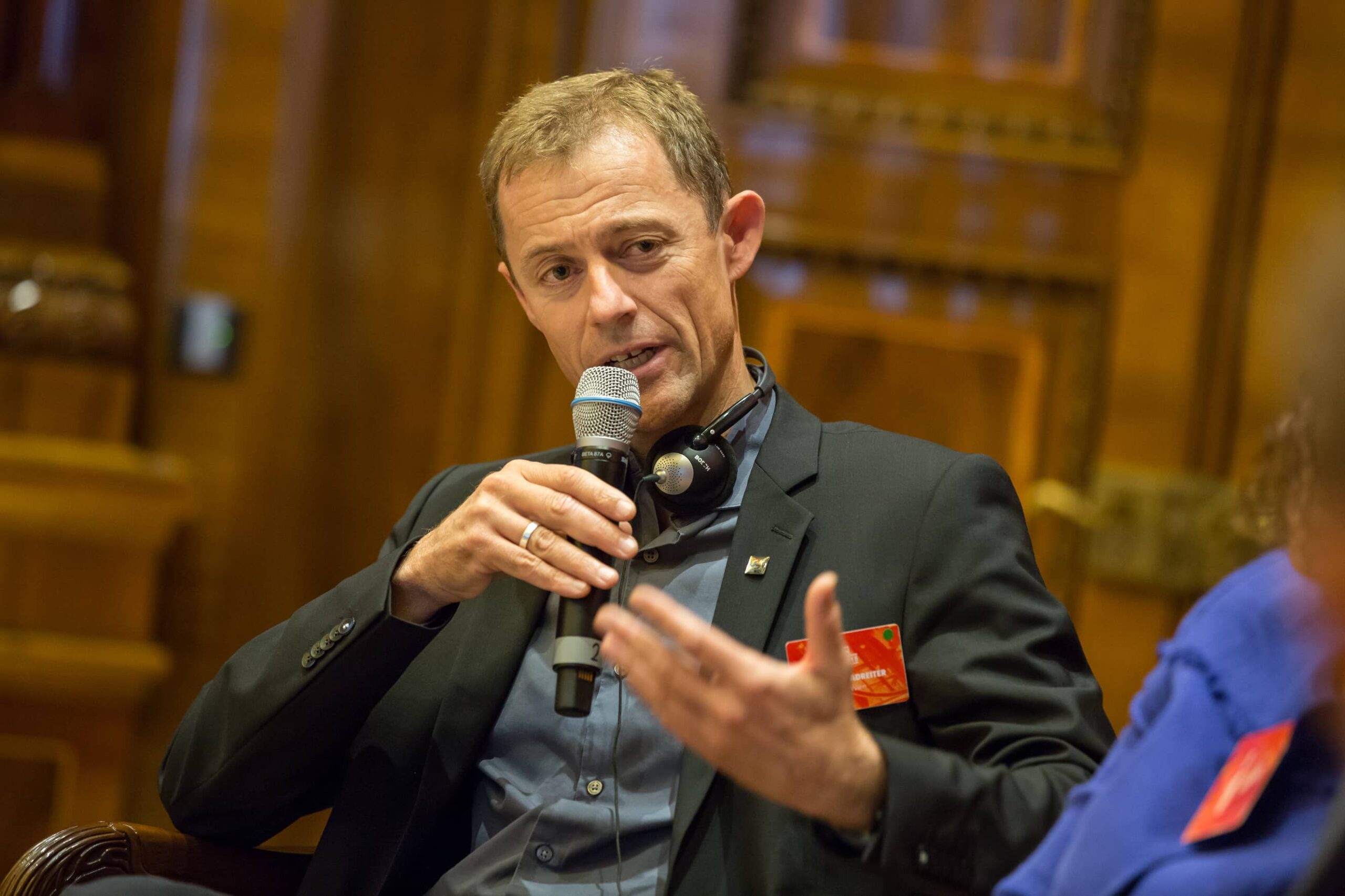
Thomas Madreiter: Vienna and the smart city

German metropolises and the affordable housing crisis

Vienna

Berlin Focus
La Fabrique de la Cité
La Fabrique de la Cité is a think tank dedicated to urban foresight, created by the VINCI group, its sponsor, in 2010. La Fabrique de la Cité acts as a forum where urban stakeholders, whether French or international, collaborate to bring forth new ways of building and rebuilding cities.















